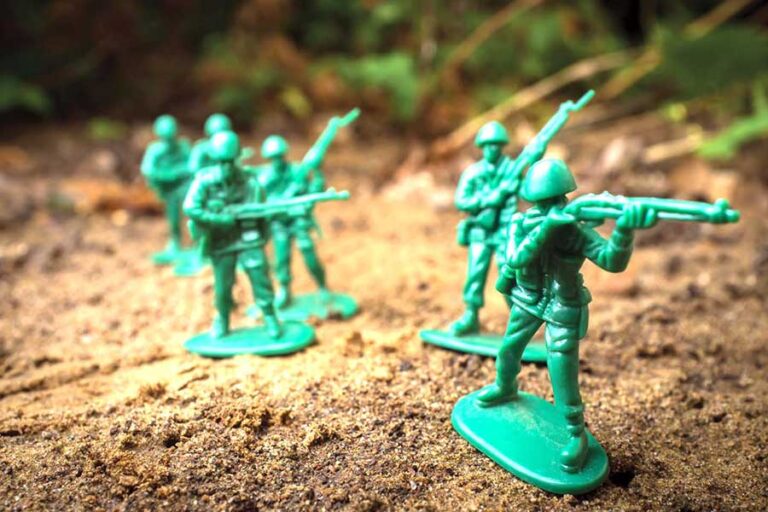A crucial question for trauma researchers and mental health professionals is why some soldiers develop persistent post-traumatic stress symptoms (PTS), while others recover following a potentially traumatic event. Understanding this question is vital for prevention and targeted therapies. About fifteen years ago, researchers began exploring the role of betrayal in combat trauma, which can contribute to post-traumatic stress symptoms.
The feeling of betrayal arises when trust is violated, especially for less important needs. Factors that intensify betrayal include the level of trust in the offender, self-interest driving the betrayal, and the harm caused by the violation of trust. Betrayals in war can lead to profound feelings of betrayal among soldiers, impacting their mental health.
In Sefer Yehoshua and Shoftim, stories of betrayal and misinterpretation highlight the lasting effects of betrayal in war. The misinterpretation of actions in Sefer Yehoshua can be linked to the deep pain caused by the betrayal of Peâor, leading to fear and misjudgment among the Israelites.
Supporting soldiers in their milchemes mitzvah is crucial, acknowledging the diverse pressures they face. As we pray for the safe return of all soldiers, may Hashem protect and guide them.


